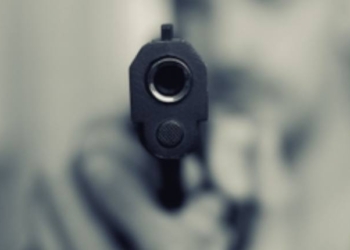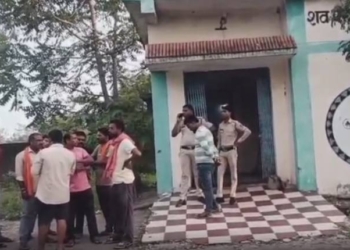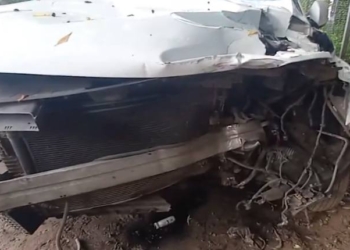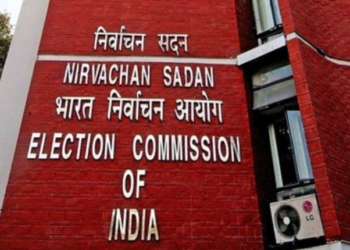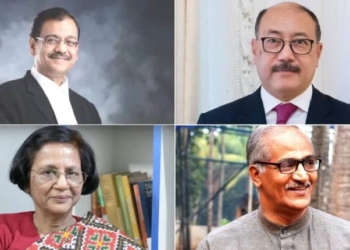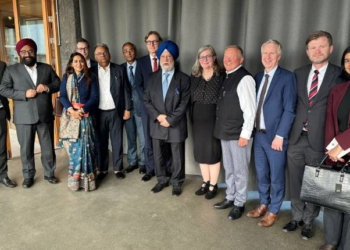New Delhi: The successor firms of the Union Carbide Corporation (UCC) on Wednesday told the Supreme Court that the Indian government never suggested at the time of settlement that it was inadequate and also cited one of the conspiracy theories involving then Prime Minister Rajiv Gandhi.
The firm’s counsel emphasised that the depreciation of the rupee since 1989 cannot become a ground to seek a top-up of compensation now for the Bhopal gas tragedy victims.
Senior advocate Harish Salve, representing successor firms of the UCC, submitted before a bench a five-judge bench, headed by Justice Sanjay Kishan Kaul that at the time of the settlement (of 1989), the Indian government never said it was inadequate.
He submitted before a bench – also comprising Justices Sanjiv Khanna, Abhay S. Oka, Vikram Nath, and J.K. Maheshwari – that there are affidavits starting from 1995 and ending as late as 2011, where the Indian government has opposed every single attempt to suggest that the settlement is inadequate.
During the hearing, Salve also cited several conspiracy theories connected with the case. He said in one of the theories it was claimed the then Prime Minister Rajiv Gandhi had met Warren Anderson in a hotel in Paris before the settlement, and added that Anderson had by then retired as the UCC Chairperson.
He argued that depreciation of the rupee since 1989 cannot become a ground to seek a top-up of compensation now for the Bhopal gas tragedy victims.
After hearing detailed arguments in the matter, the top court reserved its verdict on Centre’s curative petition seeking an additional Rs 7,844 crore from the successor firms of UCC for extending greater compensation to the victims.
Salve said they are arguing the settlement has become inadequate because the rupee depreciated but it cannot be ground for top-up compensation now. He pointed out that the settlement of USD 470 million was due to an order passed by a district judge in 1987.
He submitted that nothing has been ever suggested by the Central government or anybody else that the UCC offered more in any negotiation on a settlement than what was accepted between the parties.
The apex court also heard submissions from senior advocate Sanjay Parikh and advocate Karuna Nundy, representing the intervenors.
Earlier, the top court had grilled the Attorney General R. Venkataramani, representing the Centre, on how the government could file a curative petition without filing the review. It told the AG that the Central government was not prohibited from granting relief to the Bhopal gas tragedy victims, and it cannot absolve from itself from the welfare state principle by saying, “I will take it from them (successor firms of Union Carbide Corporation), as and when taken from them, I will pay”.
(IANS)




